
Introduction
We will focus on a conditioncalled typhoid, a problem created by the bacteria called salmonella typhoid.This fever cannot be easily found in more developed countries, but it is commonin those more reserved. The symptoms that are felt include the headache, diarrheaor constipation, pain in abdomen and high fever. This condition is transferablethrough touch, food and water and this is what makes it very serious. Peoplecan use vaccines but their effectiveness is sometimes questionable.
Symptoms
This condition can be describedas developing since problems develop, but the fact is that sometimes theproblems can occur suddenly. The problems that are usually experienced includesore throat, fever, constipation or diarrhea, headache, and rash, pain inabdomen area, fatigue and weakness. All of these symptoms are felt in theperiod of the first week of the disease. During the second week, patient willsuffer from high fever, great weight loss, much distended abdomen and extremeconstipation or pea soup color diarrhea. All of these problems will occur iftreatment is not performed during the first week. Third week will bringdeliriousness and just laying down with eyes half closed, and thisstate is called typhoid state. If this happens, patient is in a very serious danger,because even termination of patient's life can occur after this stage. Butthere is a possibility that the problems will be eliminated even after thethird week. During the fourth week, the condition of the patient may improve,and the temperature may decrease, though after two weeks, the problem may return.The fever then starts to drop until it becomes normal, usually after the periodof 10 days. Treatment will be more effective and easier if it is done promptly.If you suspect you have contracted this bacterium during your stay inundeveloped countries, seek a help of a professional with knowledge about thesetypes of problems.
Complications
Several complications may arisefrom the typhoid condition, and one of them is the perforation or theintestinal bleeding. This problem is created during the third week and it isconsidered the most serious of all the complications. It can be detected by thebloody stool, shock and drop of blood pressure. Small intestine and largebowel can get perforated, which usually produces a leak of intestinal contentinto the abdominal cavity. Problems created that way are infection of thebloodstream, nausea, pain in abdomen area and vomiting. There are otherpossible complications. Those are pneumonia, heart muscle inflammation, bladderor kidney infection, pancreas inflammation and spine infection. Membranes andfluid around the spinal cord and brain can also get infected. However, rememberthat promptly treatment will be required if you want to eliminate this problemquickly.


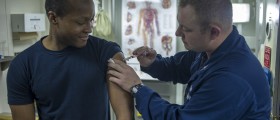


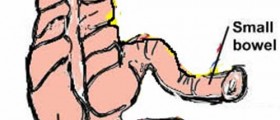



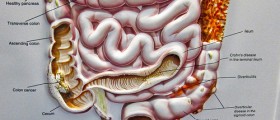
_f_280x120.jpg)
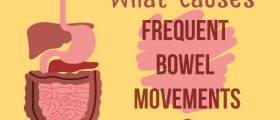


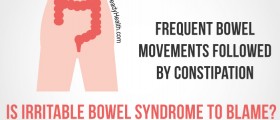


Your thoughts on this
Loading...